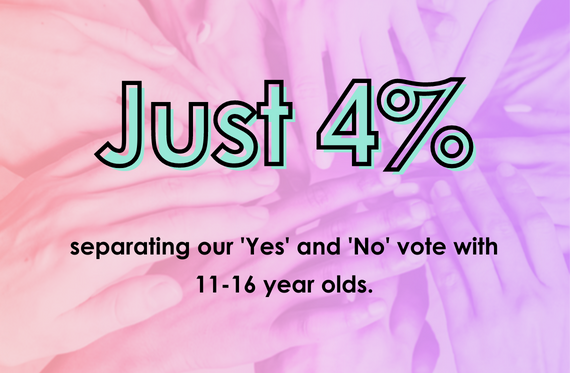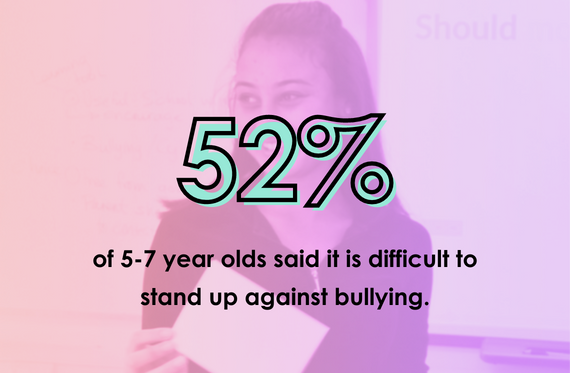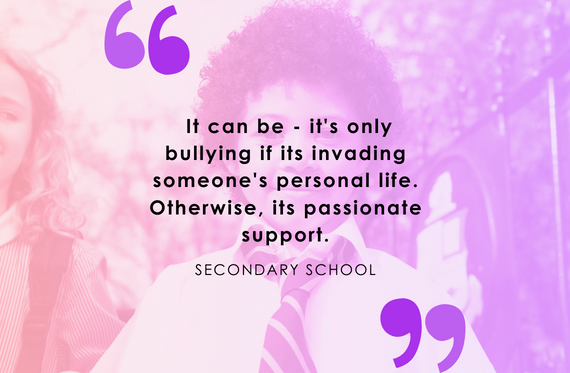Total votes
5-11 votes
11-16+ votes
Do you Stan?
Do you know what a stan is? Named after Eminem’s song about a deluded fan, stans are a part of a culture of fandom.
Perhaps you don’t obsessively follow the latest K-pop group. But there are all types and levels of fandom that exist out there in the wide wide world. And there are positives and negatives to being a part of them.
There are dark sides of being involved in fandoms which involve actions on social media. Or it can drift away from online spaces to real life. But whatever the venue, there is a distinct possibility to slip into toxicity which can sometimes take the form of bullying.
To mark Anti-Bullying Week, our voters considered the role of fandoms and whether they encourage or discourage negativity, primarily in but not limited to, online spaces. A fandom can be described as a community of fans of a particular person or thing and the rise of social media has strengthened their ability to communicate as a collective.
Our youngest voters discussed the role of the individual in different scenarios and whether it is difficult or not to stand up against bullying.

"Having a lot of passion for the celebrities can lead to bullying because you are sometimes too passionate and feel the need to be mean."

“Although I’m a part of many fandoms, some people are quite toxic and can’t enjoy others opinions, but most people are incredibly nice and are great people to share your views with.”

“Particularly within social media, maybe influencers need to be more considerate of the content of their posts and how these can often 'spark' comments which can lead to bullying and harassment online."


